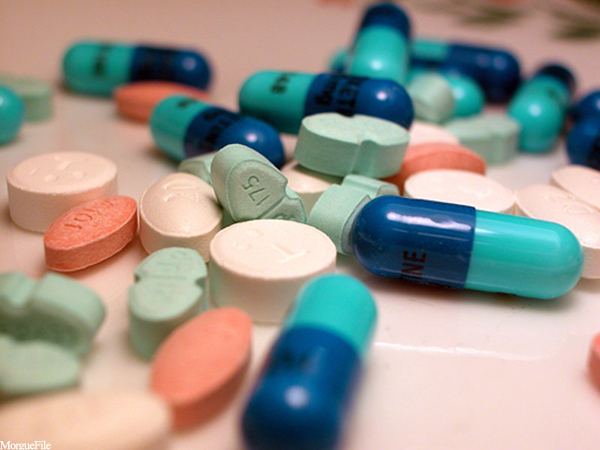It all began when Oklahoma Attorney General Mike Hunter launched the first-of-its-kind trial on May 28. For seven weeks, the state laid out its public nuisance case (defined as an act or omission that threatens or interferes with the health, welfare or safety of the public) to Cleveland County District Judge Thad Balkman, alleging that Johnson & Johnson and its subsidiaries overplayed the effectiveness of their opioid drugs while downplaying their addictive potential. The companies are being blamed for thousands of lives lost, families ruined and billions of dollars in damages.
Johnson & Johnson and Janssen Pharmaceuticals denied any wrongdoing, saying their marketing efforts were sound under the strict oversight of internal advisory boards, the US Drug Enforcement Agency and Food and Drug Administration (FDA).
On the second day of trial, defense lawyer Larry Ottaway said, “Janssen’s conduct was not a nuisance. They provided medically necessary medications…They were lawfully (prescribed) by doctors in the state of Oklahoma.”
Johnson & Johnson lawyers also reiterate the fact that Janssen-brand opioids account for less than one percent of the total opioid prescriptions in Oklahoma as well as the United States.
In a final court filing, attorneys for Oklahoma said, “the source of this crisis is the flood of prescription opioids that has inundated Oklahoma for the past two decades…The harm it has wrought, and the threat it continues to pose to the health, safety and welfare of the State, make it the worst nuisance Oklahoma has ever known.”
On Monday, August 26, Judge Thad Balkman ruled Johnson & Johnson guilty, charging the company double of what Purdue Pharmaceuticals paid in its settlement. Both the OxyContin maker and Israeli generics company Teva Pharmaceuticals chose to settled for $270 million and $85 million, respectively, earlier this year.
In the 42-page document, the judge blasted the pharma giant for running a “false and dangerous” sales campaign. He wrote specifically about a 2001 incident regarding sales material for Duragesic, one of Janssen’s most potent painkillers. Both internal advisory boards and the FDA warned that the primary marketing messages were “misleading and should not [have been] disseminated.”
Additionally, the companies allegedly “made substantial payments of money” to advocacy groups such as the American Pain Society who have great influence over physician prescribing practices.
The ruling also said that the company promoted the idea that chronic pain was being under-treated at hospitals and increasing the prescription of opioids would be the solution.
Johnson & Johnson released a statement on the same day, saying the company plans to appeal the “flawed” opioid judgment.
“Janssen did not cause the opioid crisis in Oklahoma, and neither the facts nor the law support this outcome,” said Michael Ullmann, Executive Vice President, General Counsel at Johnson & Johnson. “We recognize the opioid crisis is a tremendously complex public health issue and we have deep sympathy for everyone affected. We are working with partners to find ways to help those in need.”
Here, the “law” in question is the public nuisance law, which has been “traditionally [applied] to resolve property disputes, not lawsuits involving the sale of goods.”
One of Johnson & Johnson’s attorneys, Sabrina Strong, said, “You can’t sue your way out of the opioid abuse crisis. Litigation is not the answer.”
Johnson & Johnson is “confident” it can appeal the case, a process which they anticipate will extend to 2021. In the meantime, a federal trial involving 2,000 similar lawsuits is scheduled for this fall.












Join or login to leave a comment
JOIN LOGIN